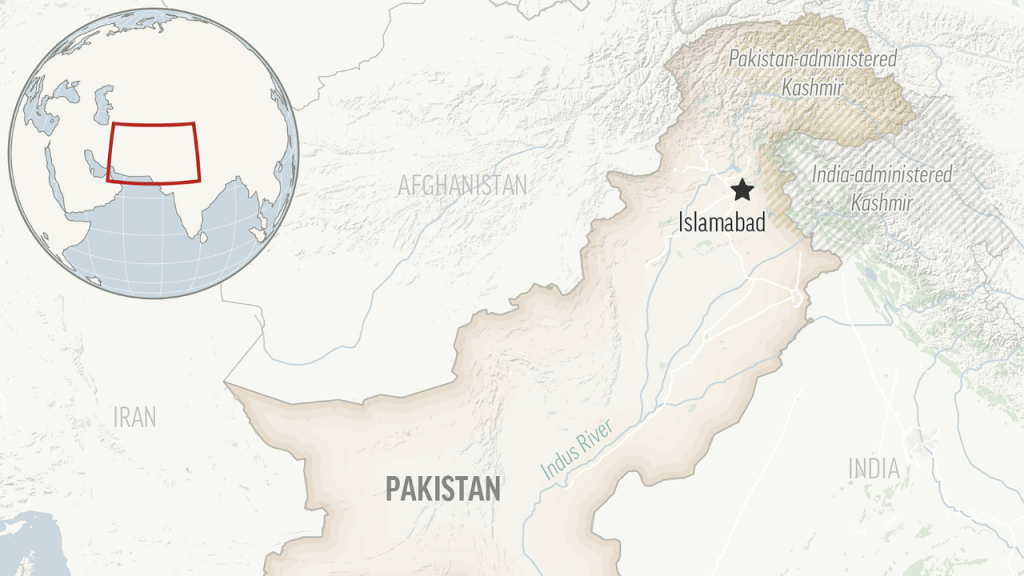Suspected militants targeted a girl’s school in South Waziristan, destroying the structure in the second attack on a school in the region this month. The Pakistani Taliban are suspected of being behind the attack, as they have a history of targeting girl’s schools due to their opposition to the education of women. Thankfully, no one was injured in the overnight attack, but the incident highlights the ongoing threat of violence against educational institutions in the region.
The attack took place in South Waziristan, a district in the Khyber Pakhtunkhwa province, which has been a former stronghold of the Pakistani Taliban. This is not the first time that girl’s schools in the region have been targeted, as the Pakistani Taliban have previously carried out similar attacks, arguing that women should not be educated. While no group immediately claimed responsibility for the bombing, the suspicion naturally falls on Islamic militants, particularly the Pakistani Taliban, given their history of targeting educational institutions in the region.
In recent years, Pakistan’s northwest has seen numerous attacks on girl’s schools, particularly in the Swat Valley where the Pakistani Taliban once had significant control. In 2012, Malala Yousafzai, a teenage student and advocate for female education, was targeted by insurgents, further highlighting the dangers faced by those advocating for women’s rights and education in the region. The Pakistani Taliban, officially known as Tehreek-e-Taliban Pakistan or TTP, have been pushed out of Swat and other regions, but the recent attack on the girl’s school in South Waziristan is a reminder of the ongoing threat they pose to girls’ education.
The TTP are closely allied with the Afghan Taliban, who seized power in Afghanistan in 2021. The Taliban’s takeover in neighboring Afghanistan has emboldened the Pakistani Taliban, leading to an increase in violence and attacks on educational institutions in Pakistan. The incident in South Waziristan serves as a troubling reminder of the continuing threat of extremism in the region and the challenges faced by those seeking to promote women’s rights and education in conservative areas.
Despite the challenges and threats faced by those advocating for women’s education in Pakistan, there have been some positive developments in recent years. Malala Yousafzai, the young activist who was attacked by the Taliban, went on to win the Nobel Peace Prize for her advocacy work. Her story serves as an inspiration to many and highlights the importance of continuing to fight for women’s rights and education in the face of adversity. While the attack on the girl’s school in South Waziristan is a stark reminder of the dangers faced by those promoting education for girls, it also serves as a rallying cry for continued efforts to promote gender equality and women’s empowerment in Pakistan and beyond.
In response to the attack, Pakistani authorities must take measures to ensure the safety of educational institutions, particularly girl’s schools, in areas at risk of militant attacks. Strengthening security measures and increasing efforts to counter extremist ideologies are essential steps to protect the rights of women and girls to education. International support and solidarity are also crucial in the fight against extremism and the promotion of women’s rights worldwide. The bombing of the girl’s school in South Waziristan should serve as a wake-up call to redouble efforts to prevent such attacks and promote education as a fundamental human right for all.













